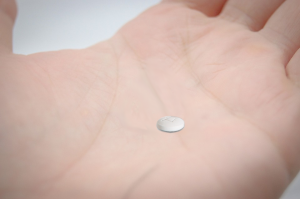
Selenium is an important micronutrient. It is essential for life for both people and animals. The body cannot synthesize selenium and is dependent upon the selenium that it can get from food. In many regions of the world, there is too little selenium in the soil and in the food, and supplementation is necessary for optimal health.
Regions with selenium-poor soil
In many regions of the world, the content of selenium in the soil is quite low. In large parts of Asia, China in particular, and in much of Europe and the Middle East, there are low levels of selenium in the soil.
Plants accumulate inorganic selenium from the soil and convert it to organic selenium. In that way, the selenium enters the food chain. For example, cows eat grass containing selenium, and the some of the selenium enters the meat and the milk of the cows. People eat the meat and drink the milk. Too little selenium in the soil means too little selenium in the food.





